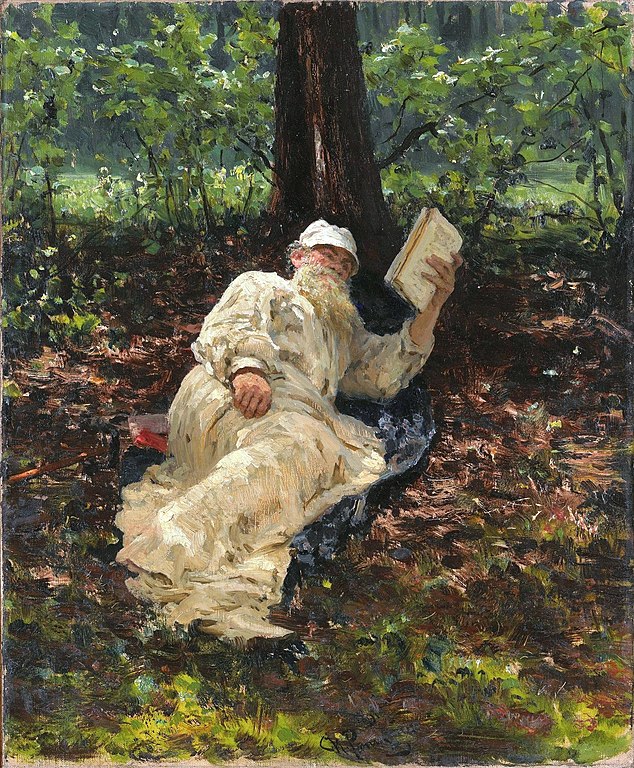Leo Tolstoy Archive
Written: 1886
Source: Original Text from Gutenberg.org
Transcription/Markup: Andy Carloff
Online Source: RevoltLib.com; 2021

[1] It is customary to place a dying person under the icón. One or more icóns hang in the hut of each Orthodox peasant.
[2] Peasant weddings are usually in autumn. They are forbidden in Lent, and soon after Easter the peasants become too busy to marry till harvest is over.
[3] A formal request for forgiveness is customary among Russians, but it is often no mere formality. Nikíta's first reply is evasive; his second reply, “God will forgive you,” is the correct one sanctioned by custom.
[4] Loud public wailing of this kind is customary, and considered indispensable, among the peasants.
[5] Where not otherwise mentioned in the stage directions, it is always the winter half of the hut that is referred to as “the hut.” The summer half is not heated, and not used in winter under ordinary circumstances.
[6] The Foundlings' Hospital in Moscow, where 80 to 90 per cent. of the children die.